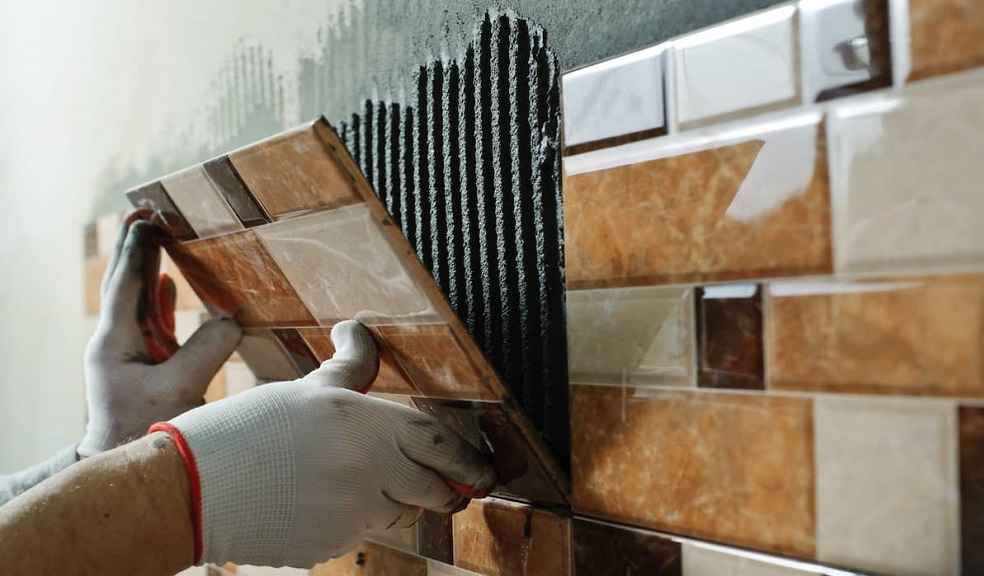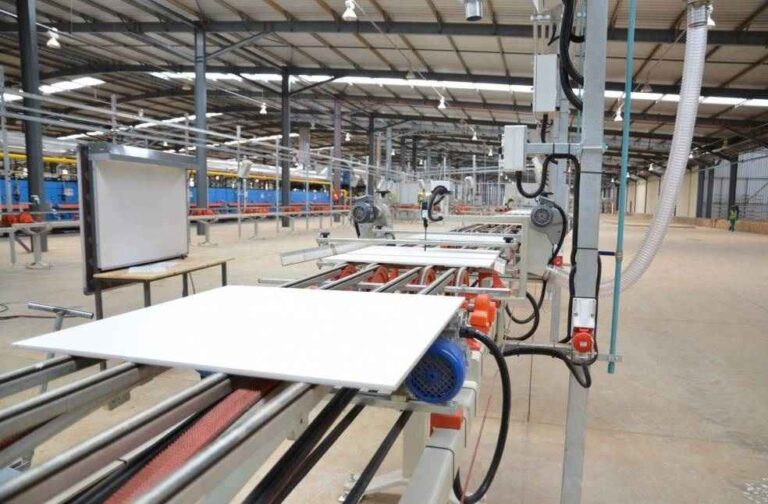A coalition of U.S. ceramic tile suppliers recently urged the federal government to impose significant tariffs on Indian tiles, alleging that these imports benefit from Indian government subsidies, which distort the domestic market. The Department of Commerce has initiated an investigation into these allegations.
Over the last decade, the volume of ceramic tiles imported from India to the U.S. has increased dramatically, escalating from a mere 344,000 square feet in 2013 to nearly 405 million square feet by the end of 2023. Representing over 90% of U.S. tile production, the Coalition for Fair Trade in Ceramic Tile (CFTC) is pushing for tariffs ranging from 408% to 828%, citing massive and widespread dumping by Indian manufacturers as the primary reason.

Eric Astrachan, the executive director of the Tile Council of North America, emphasized that U.S. manufacturers traditionally embrace fair competition from international imports. U.S. producers, benefiting from abundant clay and feldspar resources, efficient and respected labor, local community backing, cutting-edge equipment, and economical energy, stand equipped to compete globally. Nonetheless, Astrachan pointed out that Indian tile manufacturers, bolstered by substantial government subsidies, manage to export their excess capacity at dumped prices, saturating the U.S. market.
Faced with no alternatives, U.S. manufacturers resorted to petitioning the federal government for intervention to safeguard the industry and ensure the continued employment of thousands within their companies, Astrachan explained. The U.S. International Trade Commission acknowledged these issues and issued a federal notification that marks the beginning of a preliminary phase in antidumping and countervailing duty investigations.

Trade counsel from Barnes & Thornburg indicated that should the investigation verify the claims of unfair trading and damage to U.S. manufacturers, the government could implement preliminary tariffs in the upcoming months, with final tariffs established at the investigation’s conclusion after approximately 16 months. These tariffs would be applied retroactively.
The investigation will review various ceramic tile products, including flooring, wall, paving, hearth, porcelain, and mosaic tiles, and will cover both glazed and unglazed tiles, regardless of their use, surface area, weight, or other specifics.
This case has captured attention as it highlights significant issues of trade fairness and the competitive dynamics within global manufacturing sectors. Major U.S. companies such as American Wonder Porcelain, Crossville, and Dal-Tile Corporation, among others, are part of the CFTC, eagerly awaiting the outcomes of this investigation, which hold potential implications for international trade relations between the U.S. and India.
IMEX SECTOR | Vietnam Aims to Dominate Global Market as Leading Cinnamon Exporter



